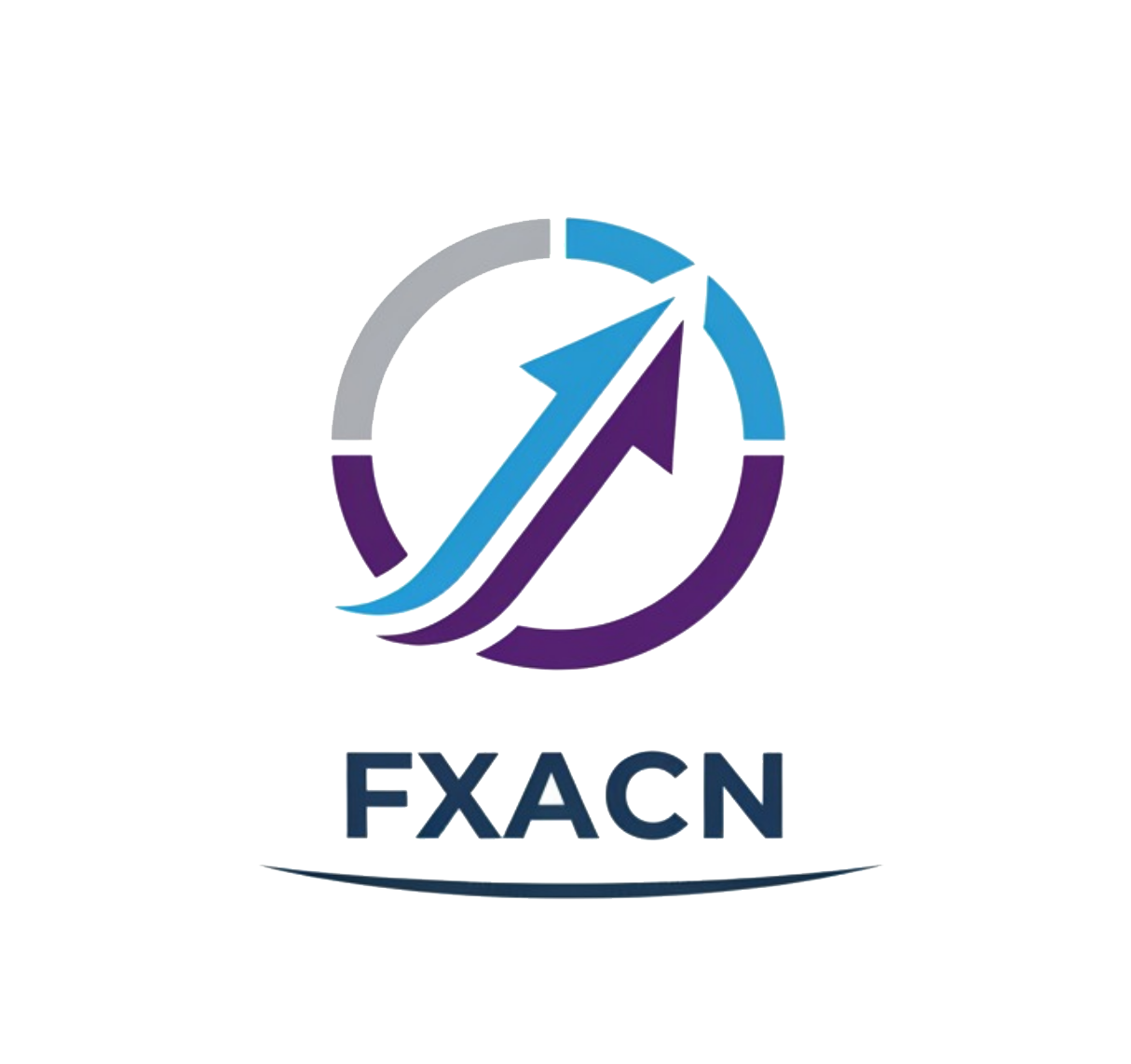Introduction
Equiti is a multi-asset brokerage firm founded in 2008. It has established itself as a prominent player in the forex and CFD trading markets, offering services to both retail and institutional clients. With its headquarter in the Seychelles and offices worldwide, Equiti aims to provide traders with robust technology and a wide array of financial instruments. However, the online trading landscape is fraught with risks, making it crucial for traders to thoroughly evaluate the credibility and safety of brokers like Equiti. This article aims to assess whether Equiti is safe or if it raises concerns of being a scam. Our investigation encompasses regulatory compliance, company background, trading conditions, customer fund security, and customer experiences, combined with data-driven insights and user testimonials.
Regulation and Legitimacy
One key aspect of any brokerage’s safety and trustworthiness lies in its regulatory status. Equiti operates under multiple regulatory authorities, ensuring adherence to stringent financial standards. The following table summarizes the key regulatory information regarding Equiti:
| Regulatory Body | License Number | Location | Verification Status |
|---|---|---|---|
| Financial Conduct Authority (FCA) | 528328 | UK | Verified |
| Securities and Commodities Authority | N/A | UAE | Verified |
| Jordan Securities Commission (JSC) | 18/00240/1/3 | Jordan | Verified |
| Capital Markets Authority (CMA) | N/A | Kenya | Verified |
Equiti’s wide regulatory framework, which includes top-tier authorities such as the FCA and JSC, adds a layer of security for traders. The FCA, known for its strict regulations, mandates that brokers maintain segregated client accounts, ensuring that traders’ money is kept separate from company assets. Furthermore, the high standards set by the FCA help to mitigate the risk of financial malpractice.
Historically, Equiti has maintained a compliance record with the regulations imposed by these bodies. Despite being relatively young in the industry, it has not faced any significant regulatory penalties or issues, which reassures potential clients about its legitimacy. However, the varying quality of oversight across different jurisdictions means traders should exercise caution, especially if dealing with entities regulated in less stringent environments.
Company Background Investigation
Equiti was established as Divisa Capital Group in 2008, later undergoing a significant rebranding. The firm has expanded its operations significantly, establishing a presence in multiple countries, including the UK, Jordan, and the UAE. The company is owned by the Equiti Group, a maritime firm dedicated to delivering diverse financial services, including brokerage, asset management, and liquidity solutions.
Equiti prides itself on a well-structured management team, composed of industry veterans with diverse expertise in finance, trading, and technology. Their backgrounds provide a solid foundation for the organization’s operations, enhancing transparency and accountability. The firm emphasizes an open-information policy; however, some reviews indicate a degree of opaqueness regarding financial specifics and operational transparency.
Overall, Equiti appears to be committed to maintaining high standards in its operations, bolstered by its multi-jurisdictional presence and extensive experience in the financial markets. This stability suggests a degree of reliability and professionalism, which is essential for fostering trust among clients.
Trading Conditions Analysis
Equiti’s trading conditions are crucial for both new and experienced traders. The firm offers a straightforward fee structure, but users have pointed out that it can potentially have complex variables. Here’s a summary of the core trading costs:
| Fee Type | Equiti | Industry Average |
|---|---|---|
| Spread on Major Currency Pairs | From 1.4 pips | 1.0 – 1.5 pips |
| Commission Structure | $3.50/lot (premier) | $3 – $5/lot |
| Overnight Interest Range (Swap) | Variable | Similar |
The spread for trading major currency pairs starts at 1.4 pips, which is considered slightly above the industry average. However, the commission structure is competitive, particularly for high-volume traders. While the standard accounts do not charge commission, the premier accounts have a reasonable fee of $3.50 per lot.
Traders should also be aware of the overnight fees, which can vary significantly depending on market conditions and positions held. Reviews suggest that while the fee structure is clear, understanding all variables is essential for effective trading management.
Overall, the cost structure appears to be competitive, but traders should evaluate their needs to determine if Equiti’s pricing aligns with their trading strategies.
Customer Fund Security
Ensuring the safety of customer funds is paramount for any brokerage. Equiti employs several measures to protect traders’ capital. The company operates with segregated accounts, ensuring that all client funds are kept separate from the operational funds of the brokerage. This practice significantly reduces the risk of misuse of client money.
Equiti offers investor protection and negative balance protection policies, which further safeguard traders from losing more than their initial investment. Such assurances are vital in maintaining customer confidence, particularly in high-leverage environments where risk exposure can shift dramatically.
Despite the credible measures in place, prospective clients should be mindful of historical issues reported in customer reviews. Some users have alleged difficulty in withdrawing funds, raising concerns over the brokerage’s reliability in handling withdrawals. However, these complaints are not universally echoed, with many users reporting satisfactory experiences. As with any trading platform, due diligence is necessary for mitigating potential risks.
Customer Experience and Complaints
The customer experience at Equiti is mixed according to user reviews. Many clients appreciate the efficiency of the trading platform and the quality of customer support provided. However, there are also noteworthy complaints regarding withdrawal processes and customer service responsiveness, particularly in peak times or during significant market events.
Here’s a breakdown of the main types of complaints reported:
| Complaint Type | Severity | Company Response |
|---|---|---|
| Withdrawal Delays | High | Slow response, pending refunds |
| Account Management Issues | Medium | Mediated issue resolution |
| Unsatisfactory Trade Execution | Low | Addressed with explanations |
Several cases illustrate these dynamics. For instance, some clients reported challenges in withdrawing funds after successful trading, claiming that requests were either delayed or went unanswered. In contrast, many others have praised the supportive customer service, which provided timely assistance and resolution of issues.
While user experiences vary, they underline the importance of trading with a broker that offers not only competitive prices but also robust customer support systems to address issues as they arise.
Platforms and Trade Execution
Equiti predominantly utilizes the popular MetaTrader platforms 4 and 5 for trade execution. These platforms are well-regarded for their reliability and extensive range of trading features. Users appreciate the advanced analytical tools and automated trading capabilities offered through these platforms, contributing to a positive trading experience.
However, there are concerns surrounding order execution quality. Some traders have noted incidences of slippage and order rejection, particularly during volatile market conditions. Such occurrences can affect overall performance, especially for strategies that rely heavily on precise entry and exit points.
Risk Assessment
When trading with Equiti, various risks must be evaluated comprehensively. Below is a risk assessment that summarizes key concerns associated with this broker:
| Risk Category | Risk Level | Brief Explanation |
|---|---|---|
| Regulatory Risk | Medium | Multiple regulatory jurisdictions but varying quality. |
| Execution Risk | High | Possible slippage and order rejections during high volatility. |
| Customer Service Risk | Medium | Mixed feedback on customer support responsiveness. |
To mitigate these risks, traders are advised to maintain thorough risk management practices, use demo accounts to familiarize themselves with the platform, and ensure compliance with trading regulations in their jurisdiction.
Conclusion and Recommendations
In summation, evaluating whether “Is Equiti safe?” yields a primarily positive outcome. The brokerage boasts multiple regulatory licenses, a well-established management team, and comprehensive measures intended to protect customer funds. While its trading conditions are competitive, it is essential for prospective traders to be cautious, especially regarding the finer aspects of execution and withdrawal procedures.
Ultimately, for traders who prioritize robust regulatory frameworks and strong customer support, Equiti presents a compelling opportunity. However, those seeking high-frequency trading or lower spreads might consider alternative brokers that better meet their trading objectives. Other reputable options might include brokers like IG or OANDA, which traditionally offer a broader range of tradable assets and more responsive customer service.
As always, thorough personal research and risk assessment remain crucial when entering the trading environment, particularly in businesses characterized by volatility and market risks.


